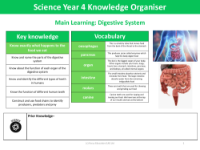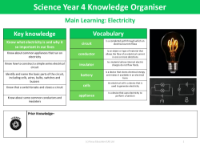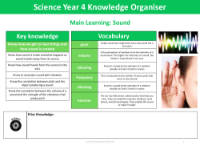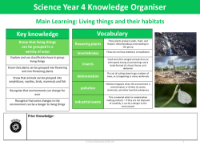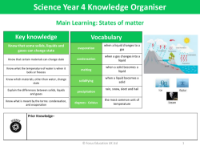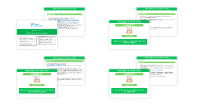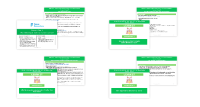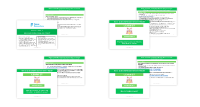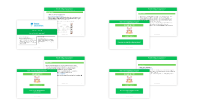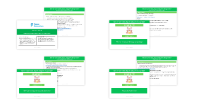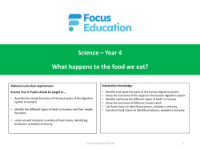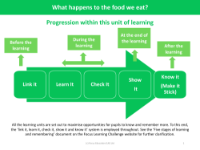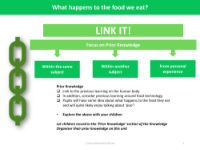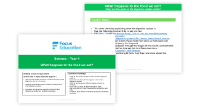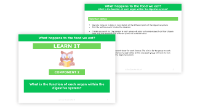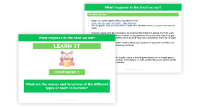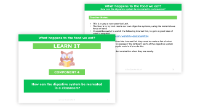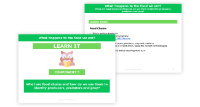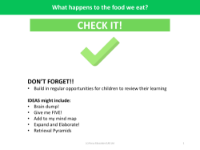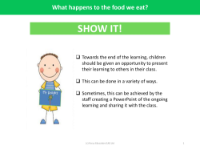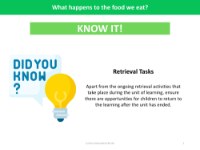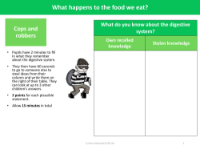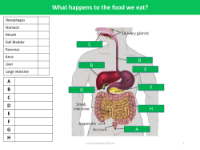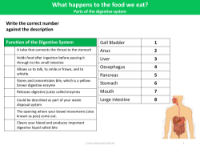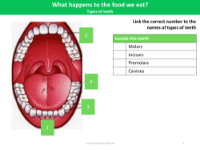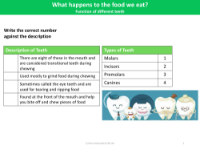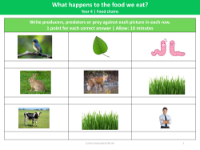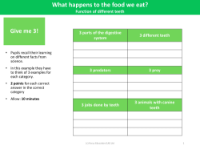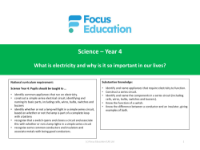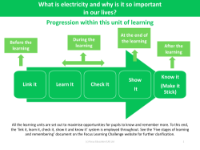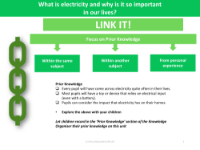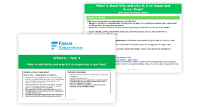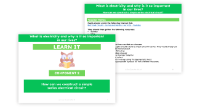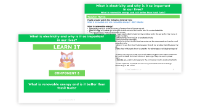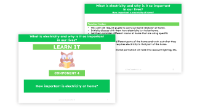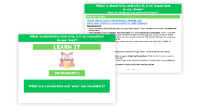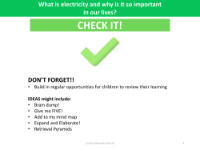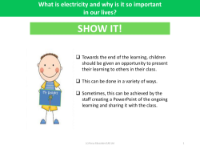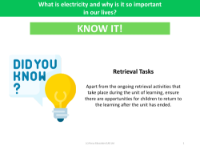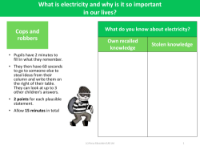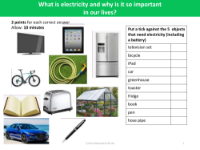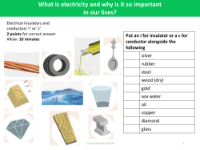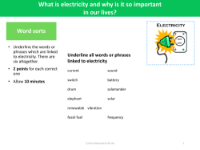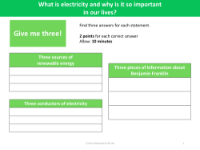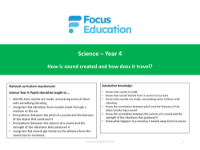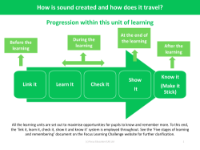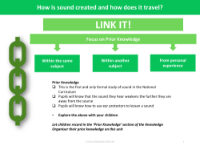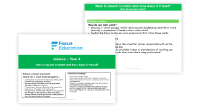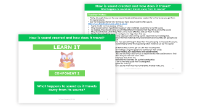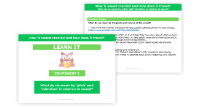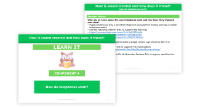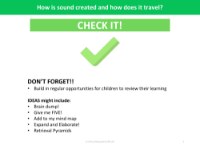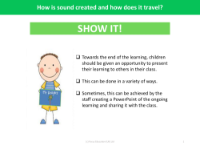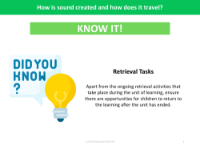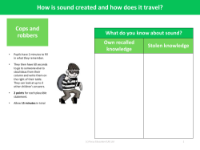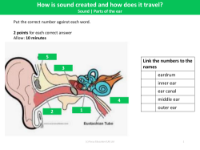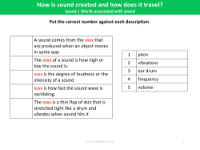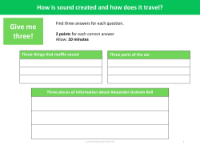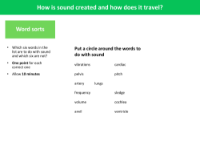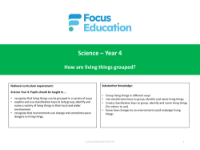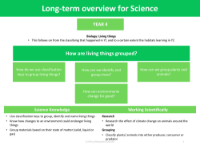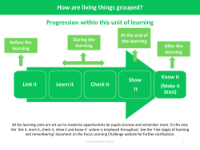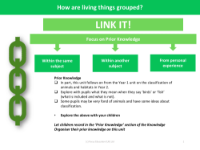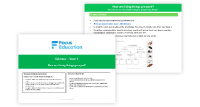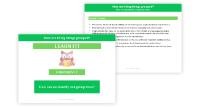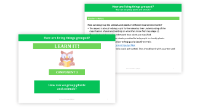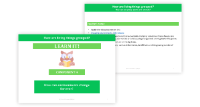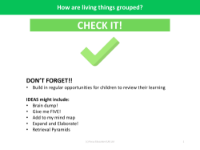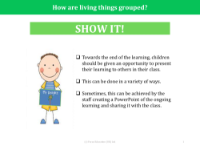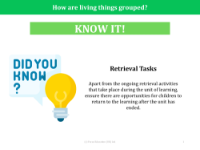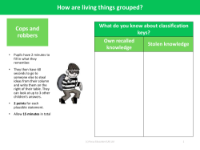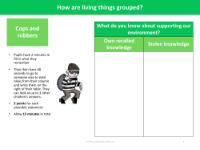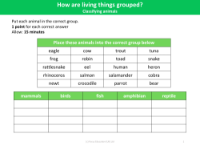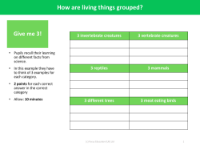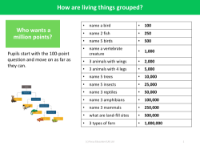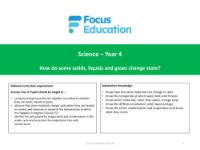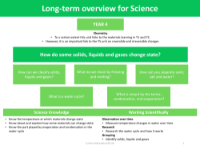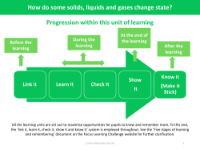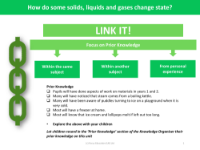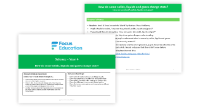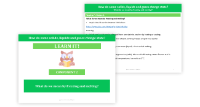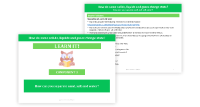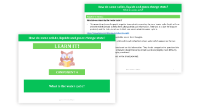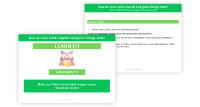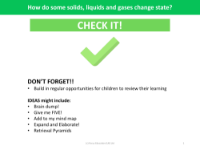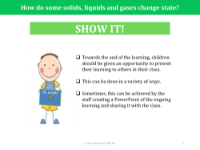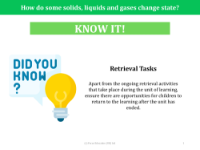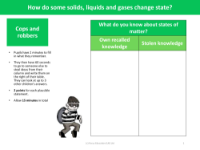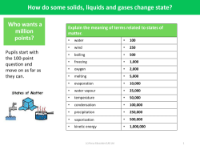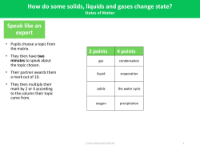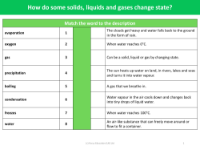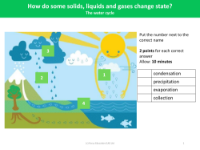Science - Year 4 - Focus Education
What does the Year 4 scheme cover?
Focus Education prioritises equipping teachers with the essential tools to deliver exceptional Science lessons, ensuring remarkable outcomes for pupils. Utilise hands-on observations, experimentation and exploration as integral components of working scientifically through the specific disciplines of biology, chemistry and physics, and foster a lasting appreciation of the structure and behaviour of the biological and physical aspects of the world around us.
Digestive System
During this unit, name the parts of the digestive system and the function of each organ. Construct and use food chains to identify producers, predators and prey. Learn about the functions of our teeth and identify molars, incisors and canine teeth with a partner, exploring how our teeth are as unique as our fingerprints.
Key questions answered:
- What are the parts of the digestive system called?
- What are the names and functions of the different types of teeth in humans?
- What is the function of each organ within the digestive system?
- How can the digestive system be recreated in a classroom?
- What are food chains and how can we use them to identify producers, predators and prey?
Electricity
Engage in a series of experiments in this unit, conducting fair tests to determine which materials are electrical conductors or insulators. Take a hands-on approach by constructing a simple series circuit, incorporating elements like a bulb, buzzer and switch to illuminate the functioning of electrical components. Explore fossil fuels and understand the implications for the environment, discussing the potential of renewable energy as a sustainable alternative and considering its role in shaping the future of energy production. Reflect on the various electrical appliances you use at home and recognise their impact on daily life.
Key questions answered:
- How does electricity work?
- How can we construct a simple series electrical circuit?
- What is renewable energy and is it better than fossil fuels?
- How important is electricity at home?
- What are conductors and what are insulators?
Sound
Explore how sound is made, how it travels and the correlation between pitch and the object producing a sound during this unit. Learn how our ears work, including different parts of the ear, such as the outer ear, the middle ear and the inner ear and share which sounds you find pleasing and unpleasant. Hypothesise about which materials could muffle sound and which would be most effective. Explore what pitch, frequency and volume are and learn how the frequency of sound depends on the speed of vibration of the object producing it through a series of experiments.
Key questions answered:
- How do our ears work?
- What do we mean by ‘pitch’ and ‘vibration’ in relation to sound?
- How do telephones work?
- What happens to sound as it travels away from its source?
Grouping Living Things
Use classification keys to group, identify and name living things and understand how changes to an environment could endanger living things during this unit. Learn about non-vascular plants and how they do not possess veins for the transportation of water and nutrients and compare these to vascular plants. Understand how our environments are constantly changing, acknowledging that changes occur naturally, yet some are induced by human activities, adversely affecting the planet.
Key questions answered:
- How do we use classification keys to group living things?
- How can we identify and group trees?
- How can we group plants and animals?
- How can environments change for good?
State of Matter
Why does a puddle evaporate? Explore the processes of freezing, heating and cooling during this unit, as well as evaporation and condensation. Find out the temperature at which different metals melt and plan an experiment to separate sand, salt and water. Learn some fascinating facts about water linked to the water cycle and explore what temperature chocolate melts at.
Key questions answered:
- How can we classify solids, liquids and gases?
- What do we mean by freezing and melting?
- How can you separate sand, salt and water?
- What is a water cycle?
- What is meant by the terms: condensation, and evaporation?
What’s included for Year 4 teachers?
- Full Year 4 National Curriculum coverage
- Detailed lesson plans and presentations
- Visual knowledge organisers for each unit
- Comprehensive assessment materials
- Links to prior and future learning, progression maps & more!
